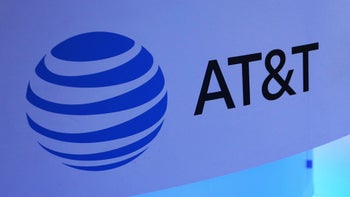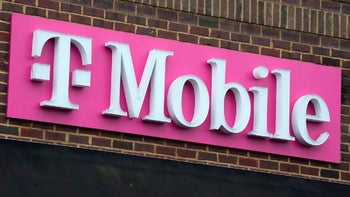Discount: Meta could lower the monthly subscription fee by almost 50% to €5.99

Facebook and Instagram parent company – Meta – has proposed to reduce its subscription fee for ad-free versions of the social media apps in Europe by almost 50%, (going to €5.99/month from €9.99/month).
The decision comes amid criticisms of forcing Meta users to pay for privacy through its no-ads service, introduced to comply with the Digital Markets Act (DMA) and EU privacy laws last Fall.
In 2023, Meta unveiled a subscription service for Facebook and Instagram in the EU, EEA, and Switzerland, offering users an ad-free experience to align with EU regulations. This service prevents user data from being utilized for advertising purposes.
Reuters reports what Meta lawyer Tim Lamb told a European Commission hearing:
“In reality, it is not about the amount of money – it is about the 'pay or okay' approach as a whole. The entire purpose of 'pay or okay' is to get users to click on okay, even if this is not their free and genuine choice. We do not think the mere change of the amount makes this approach legal.”
Companies risk fines of as much as 10% of their annual global turnover for DMA breaches.
The decision comes amid criticisms of forcing Meta users to pay for privacy through its no-ads service, introduced to comply with the Digital Markets Act (DMA) and EU privacy laws last Fall.
Reuters reports what Meta lawyer Tim Lamb told a European Commission hearing:
We have wanted to accelerate that process for some time because we need to get to a steady state ... so we have offered to drop the price from 9.99 to 5.99 for a single account and 4 euros for any additional accounts. That is by far the lowest end of the range that any reasonable person should be paying for services of this quality. And I think that is a serious offer. The regulatory uncertainty at the moment is out there, and it needs to settle down quickly.
Austrian privacy activist Max Schrems said the issue is not about the fee: “We know from all research that even a fee of just 1.99 euros or less leads to a shift in consent from 3-10% that genuinely want advertisements to 99.9% that still click yes. The GDPR requires that consent must be 'freely' given,” he said.
“In reality, it is not about the amount of money – it is about the 'pay or okay' approach as a whole. The entire purpose of 'pay or okay' is to get users to click on okay, even if this is not their free and genuine choice. We do not think the mere change of the amount makes this approach legal.”
Companies risk fines of as much as 10% of their annual global turnover for DMA breaches.












Things that are NOT allowed: